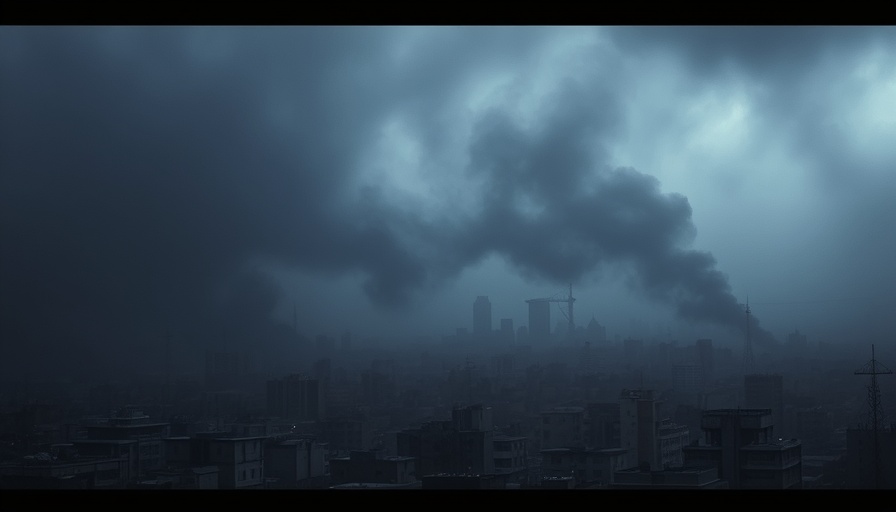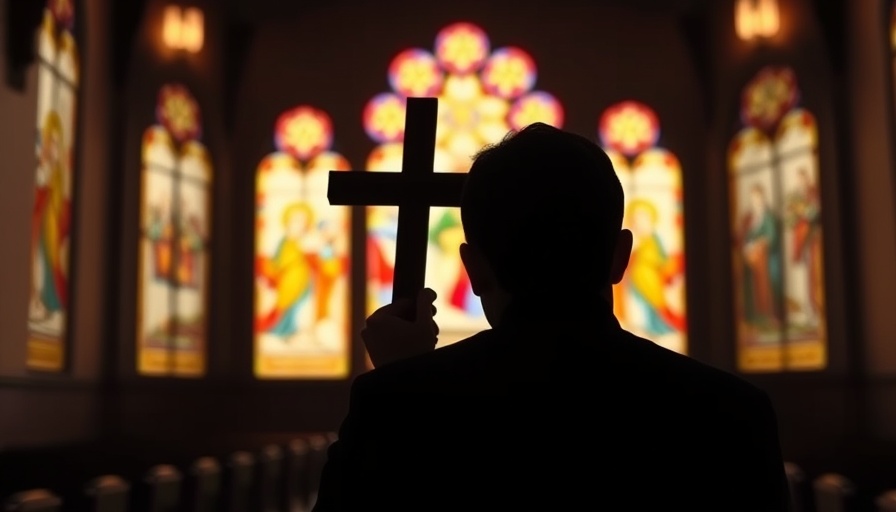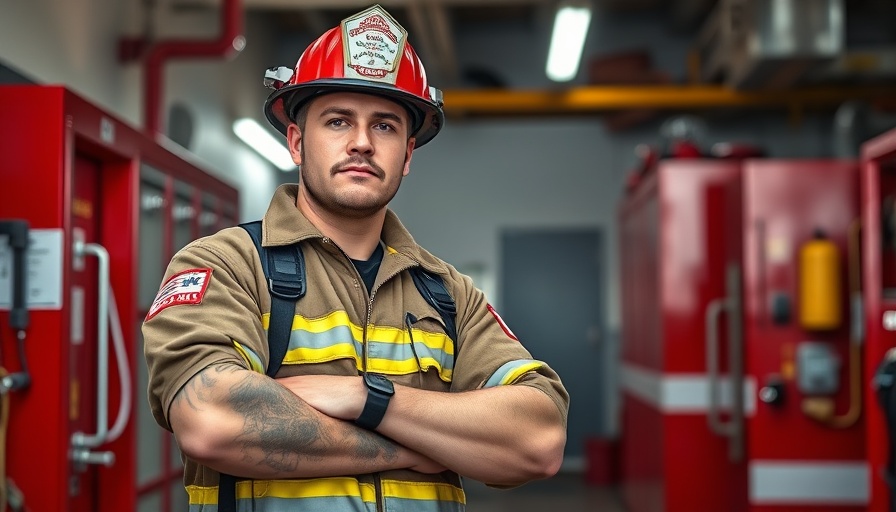
The Film Industry Activates Against Human Rights Abuses
In a poignant act of solidarity, over 2,000 film industry professionals, including prominent actors and directors, have united in a pledge to boycott Israeli institutions connected to the ongoing conflict in Gaza. This commitment reflects deep concern over human rights abuses faced by Palestinians, with the filmmakers emphasizing their responsibility to speak out against perceived complicity in atrocities.
A Growing Movement of Compassionate Awareness
This decision fosters a growing movement that parallels historical actions against apartheid and human rights violations worldwide. The filmmakers' dedication recalls the efforts of Filmmakers United Against Apartheid, formed in 1987. At that time, industry leaders like Martin Scorsese and Jonathan Demme worked to halt collaborations with South Africa, aiming to pressure the film industry through collective responsibility.
Who Stands Behind the Pledge?
Notable signatories include Academy Award winners like Olivia Colman and Mark Ruffalo, as well as directors such as Ava DuVernay. Their involvement showcases a powerful alliance against injustice, as they highlight the importance of addressing systemic violence and advocating for peace through their influential platforms.
Understanding the Film Workers for Palestine Initiative
Organized by the Film Workers for Palestine, the pledge is aimed not merely at denouncing actions taken by the Israeli government but at addressing broader systemic issues. The filmmakers stress that their stand is not against individual Israelis but against institutions that justify or support actions deemed oppressive. This distinction is crucial for fostering dialogues rather than barriers.
Impacts on the Film Industry and Artistic Freedom
As this movement gains momentum, it raises questions about the implications for artistic expression in the context of international politics. How should creatives navigate their craft amid potentially polarizing global issues? The impact could encourage artists to align their works with humanitarian values, ensuring sensitivity to social justice in storytelling.
Voices of Change and Solidarity
This pledge serves as a reminder of the profound role that art can play in advocating for justice. By choosing to take a stand, these artists are not just reacting to immediate crises but are also planting seeds for dialogue, understanding, and ultimately peace. Engagement with such significant issues through art can facilitate deep-rooted connections and inspire positive change.
The Future of Activism in Entertainment
As we witness artists using their platforms for social activism, it is essential to consider how this trend may evolve. Films and music have historically shaped societal discourse, but now, they are being used as tools for protest. This could push future creators to reflect on their work's implications and embed messages of equality and justice within their narratives.
What Can You Do?
For audiences in Louisiana and beyond, understanding such movements is crucial. Staying informed about artists’ stances and the cultural narratives they promote enables consumers to make choices reflecting their values. Sharing these stories within communities can empower dialogues about human rights and encourage empathy.
As conversations around justice deepen, it may also be worthwhile to explore local initiatives that align with such values. Whether by supporting independent films that promote social awareness or engaging in local events, individuals can play an active role in fostering change.
Conclusion: The Power of Collective Action
In moments of crisis, collective action holds the potential to influence transformative change. As the film industry stands in solidarity with the oppressed, so too can audiences rise to amplify their message. Your voice matters—so consider taking action, engaging in conversations, and supporting artistic expressions that align with justice and humanity.
 Add Row
Add Row  Add
Add 



Write A Comment